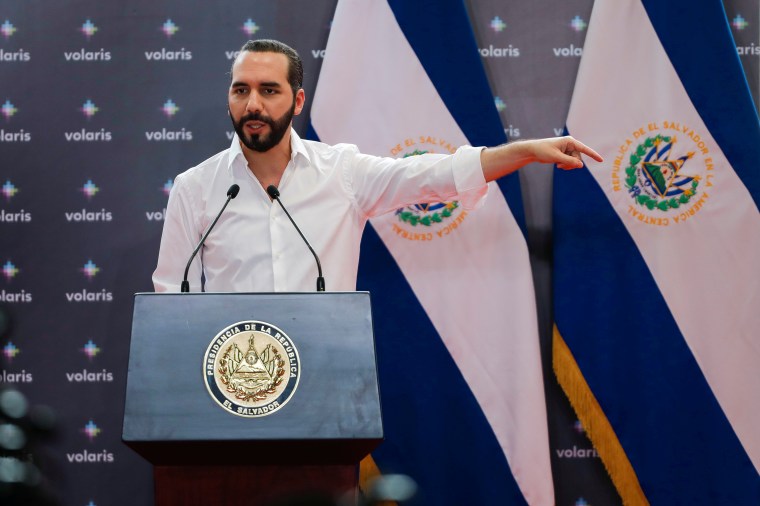Guatemala City, November 16, 2021 – El Salvador’s congress should reject a proposed law that would require media outlets and journalists receiving funding or payments from abroad to register as “foreign agents,” the Committee to Protect Journalists said today.
Proposed by Salvadoran President Nayib Bukele and presented to congress on November 9, the law would require individuals and organizations receiving international funds to register as “foreign agents” with the Ministry of Interior, according to a report by Salvadoran news website El Faro. The rules would apply to a broad range of organizations and individuals, including media outlets and individual journalists, according to that report and a copy of the proposed legislation shared on Twitter by El Faro.
The legislation is expected to be voted on, although there’s no current time table, by the Salvadoran legislature, where Bukele’s Nuevas Ideas party holds the majority, according to a report by the Spanish news wire service EFE.
“By labeling journalists and outlets as foreign agents, President Bukele is taking even more aggressive steps to limit the space for independent, critical media in El Salvador,” said Natalie Southwick, CPJ’s Latin America and the Caribbean program coordinator, in New York. “El Salvador’s congress should reject this misguided law and allow the press to work freely, instead of punishing investigative reporters for doing their jobs.”
Congressman Christian Guevara, who leads the Nuevas Ideas congressional caucus, said the proposed legislation aims to cut the “juicy salaries” received by Salvadoran investigative journalists who work for outlets that receive funding from international organizations, according to a report by Salvadoran news website El Mundo.
On Twitter, President Bukele repeatedly described the Salvadoran law as a “copy” of the United States Foreign Agents Registration Act and said critics who compared the law to a restrictive Nicaraguan foreign agents law approved in 2020, are against “transparency.”
According to CPJ’s review of the proposed legislation, people or organizations that fail to register could face potential legal action, which the law defines vaguely but includes “the impediment of performing their work.” In addition, those who register must pay a 40% tax on every “transaction that comes from a foreign source.”
The proposed law also stipulates that “foreign agents” are prohibited from “transmitting information through an electronic or physical medium that represents the interest of a foreign source without explicitly displaying a label saying that it represents a foreign interest.”
According to Ruth López, a lawyer from Cristosal, a Salvadoran human rights organization, the law aims to control the efforts of anti-corruption accountability by the media and other groups and will stigmatize those who receive international funding for their projects.
“[The law] uses words that are not defined by our legal frameworks…and that can be open to any particular interpretation [the government] wants to give it,” López told CPJ by phone.
CPJ emailed the office of the Salvadoran president for comment but did not receive a response. CPJ also contacted Congressman Willy Ventura, spokesperson for the Nuevas Ideas caucus, through a messaging app. Initially, Ventura said he would process the request for comment; however, Ventura later stopped responding to CPJ’s messages.
Since his election in 2019, CPJ has documented President Bukele’s use of anti-press rhetoric against independent outlets and those critical of his administration and other efforts to harass such outlets.
